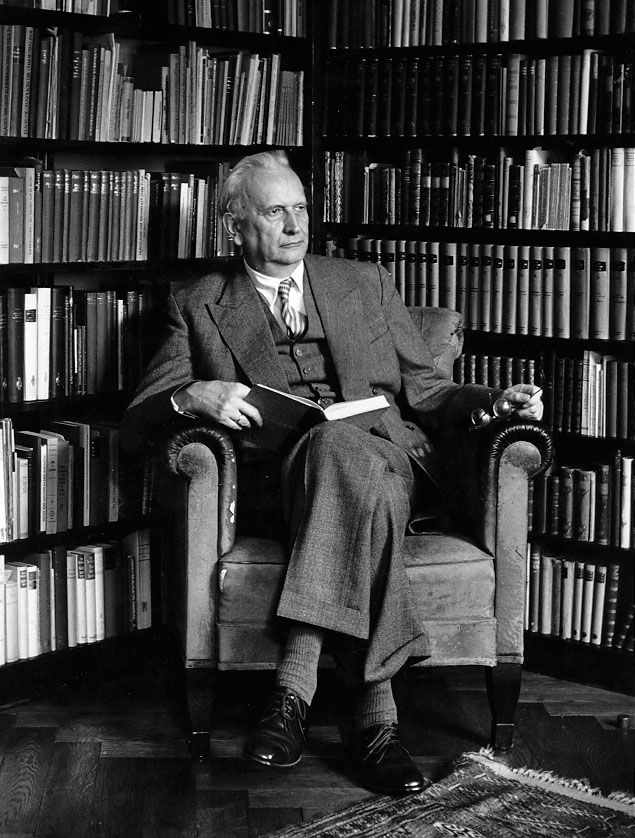The Desultory Genesis of Existenz in Boundary Situations -- Karl Jaspers

I am in the world, but I can confront all things. Unwilling to engage in the world’s bustle, I have a chance to be in it and at the same time outside of it: in contemplative thought, if not actual existence, I can reach the Archimedean point that enables me to see, and to know, what is. With an independence that is astonishing, albeit empty, I even face my own existence as if it were a stranger's. I am myself, yet I seem to be outside my existing life; it is from out there that I enter the world to take my bearings in it, not just as a living individual pursuing particular ends in my situations but as myself seeking to know all things, seeking to know the whole whose knowledge is sufficient into itself.
This conquest of my own being occurs in absolute solitude. Whatever happens in the world is doubtful; everything fades away, my own existence included; but I stand outside the world and yet so closely before myself as if I were an isle of safety in mid-ocean, a place from which I aimlessly gaze upon the world as on a billowing atmosphere without limits. Nothing is of real concern to me, but I see everything, aware of my securely supporting knowledge. With my self-being thus enclosed, I am the universal will to know. Unshakably I view the positive objects of my valid cognition; their knowledge assures me that I am. The substantial solitude of one who knows universally, detached from any situation, is like the pure eye that meets no other eye and looks upon all things, but not into itself. At home in the solitude of its self-being, like a being dwindling to a mere point, this eye remains devoid of any content other than the calm of its vision. Si fractus illabtur orbis, impavidum ferient ruinae, said Horace. "Should the world collapse, the pieces will hit an undaunted man."
full chapter http://www.kevinfinucane.com/university.edu/PDF
/JaspersBoundary.pdf



